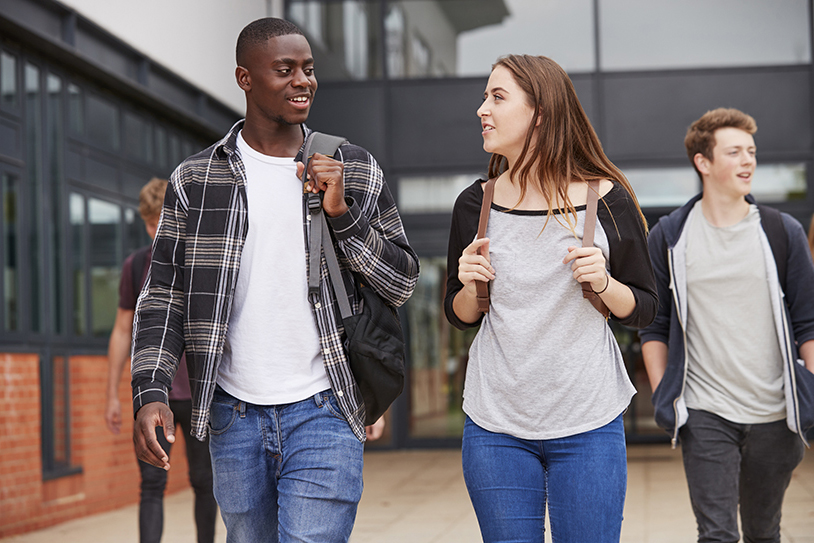
Strong evidence it works
NREPP listed, NDPC model program shows an array of benefits
Positive impact on academics, suspensions, discipline, dropout rates and resiliency
Students using our programs have demonstrated positive gains in academic achievement, attendance, and resiliency asset scores, as well as reductions in suspensions, ISS referrals, dropout rates, behavior problems, and depression scores.
Impact on Grades
Previously failing students exposed to Ripple Effects raised their grades from a 1.1 to a 2.4 in one semester, while the control group went down over the same period (Perry, Bass, Ray, & Berg; 2008).
Impact on Suspensions
In one study of 3800+ students using Ripple Effects in ISS, repeat referrals to ISS declined an average of 28% from fall to spring, a time when they normally increase. (Ray, Patterson & Berg, 2008).
SEE THE ISS/REPEAT REFERRAL STUDY
In another cross-site-study, the use of Ripple Effects resulted in statistically significant lower rates for out-of-school suspensions among Ripple Effects Treatment Group students versus students in the control group (Bass, Perry, 2008).
A mixed-methods evaluation in a PBIS school’s ISS program showed the use of the Ripple Effects behavioral intervention resulted in a statistical significant decrease in repeat referral rates, including for student subgroups (African American, male, and experiencing academic failure) identified as being disproportionately referred (Cooper, 2013).
SEE THE ISS/REPEAT REFERRAL STUDY
Declines in Dropout Rates
One study showed a statistically significant – more than 50% lower dropout rate – one year later, among students who used Ripple Effects, compared to the control group.
Gains in Resiliency Assets
A randomized controlled trial by WestEd, measured the impact of Ripple Effects on resilience assets. Students who used Ripple Effects showed stronger gains in empathy and problem solving skills, compared to the control group, pre to post intervention. Unexpectedly, control group students showed a higher sense of connectedness.
Researchers hypothesize that the Ripple Effects students’ stronger skills in empathy may have triggered the control group students feeling more connected to their school (DeLong-Cotti,2009).
Impact on Tardiness
Ripple Effects students had fewer tardies in 4 of the 6 studies measuring it. In one study, the finding was significant. In one school where Ripple Effects was the first period activity, tardies were reduced to zero (Perry, Bass, Ray, 2008)
Impact on Depression
A school-based, gang prevention program in Los Angeles, which used Ripple Effects as the psycho-social component of a comprehensive intervention, found that seven cohorts of students
exposed to Ripple Effects showed significant decreases in depression scores from pre-intervention to post (Koffman et al, 2008).
PreK-1 Studies – Bouncy Program
INDIVIDUAL LEARNERS SHOW:
- Tantrums down 94%
- Roughhousing down 75%
- Disruptive behavior down 99%
- Anxiety-driven behavior down 81%
PREPARES OUR EARLIEST LEARNERS BY FOSTERING:
- A sense of safety
- Feelings of belonging
- Abilities to self-regulate
- Skills to build agency
EDUCATORS REPORT BOUNCY:
- Serves as a trusted assistant
- Helps them manage their own stress
- Strengthens their professional capacity and expertise
REPORTS FROM CLASSROOM GROUPS SHOW:
- Breathing-based self-calming
- Positive self-talk
- Perseverance
- Appropriate movement
- Helping behavior